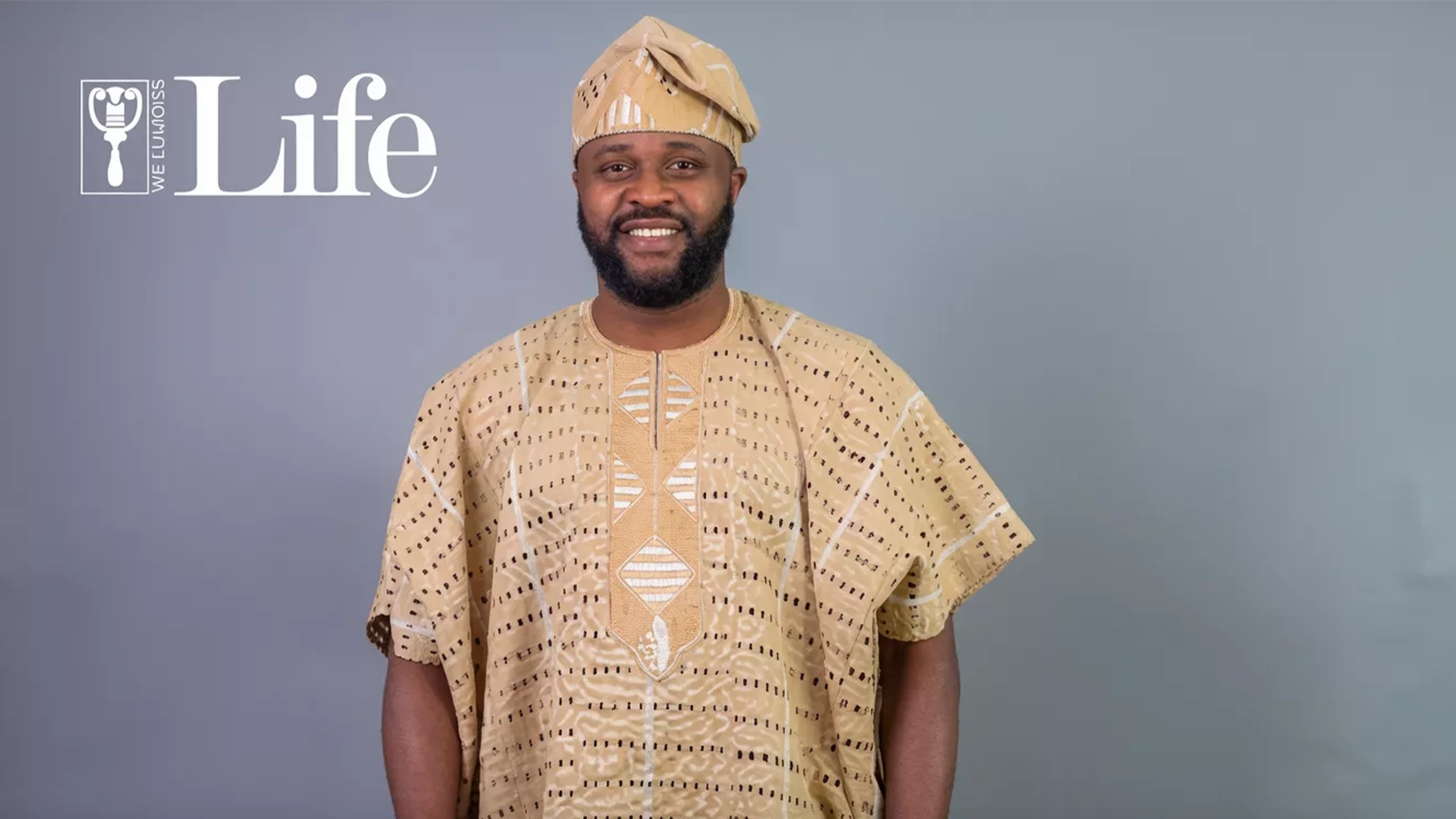
Even if his response right now is to front a defiant bold face, I will hazard a guess that Olugbenga Agboola, the cofounder, majority shareholder, and CEO of Flutterwave, Nigeria’s buzziest fintech start-up, must be terribly rattled in his psyche.
The questions he must be most bothered with: Could the detailed allegations of stock manipulation, sexual misconduct, staff intimidation, and insider trading scare off his investors, trigger a United States SEC investigation? Could this kerfuffle lead to his removal as CEO of Flutterwave? Could it culminate in the unravelling of Flutterwave’s grand ambition to be Africa’s PayPal, or Africa’s Square, or Africa’s Stripe? Will it cause Nigeria’s federal government to now think, Okay, that’s it, it’s time to tighten the grip of regulation on these sophomoric boys and their pesky tech start-ups?
Like many other people this week, you may also have this question crinkling up your forehead: Wait, majority shareholder? What about Iyin Aboyeji? Well, as much as you may adore Iyin, it just so happens that, from the get-go, the general idea might have been for him to only be the public face of Flutterwave. Some might say he was just the reputed tech business whiz who was co-opted to lend his halo as cofounder of Andela to a new fintech venture.
The real owner of Flutterwave is 37-year-old Olugbenga Agboola, aka GB. Before Flutterwave, he was Head, Digital Factory and Innovation at Access Bank, one of Nigeria’s most influential financial institutions. And right now, because of a widely-circulated exposé by the self-described “abrasive” freelance journalist David Hundeyin, GB appears to have become the target of many tech industry watchers’ fury.
I mean, people are characterising GB as Voldemort*, the devil himself —”He Who Must Not be Named”. I bet GB is viscerally upset.
If it were you, wouldn’t you be shaken, too? To suddenly find yourself as the subject of relentless poking on Twitter — the mob clutching tiny knives to fastidiously— and perhaps also maliciously — dissect every single thing related to you, from the threading of your beard to the angles of your face, to the arching of your back, the flush of your heels, to the timbre of your voice. It must be such a rattling feeling.
And all of this is happening because a muckraking journalist had recently written one article that, had it not gone violently viral, you would maybe have dismissed as just another ambitious attempt at a takedown.
But this saga (as it is fast becoming) is so incredibly fascinating, not only because of Gbenga Agboola’s alleged mistakes. It’s also awfully interesting because, just last month, a bothersome hashtag had trended on Nigerian twitter — #horriblebosses — which collated harrowing anecdotes on C-suite abuses of employees and juniors. Many of those tagged horrible bosses were senior executives of tech start-ups.
So, if you aggregate these niggling reports from Nigeria’s tech space, you may begin to wonder if there’s an ethical problem that needs to be urgently addressed. Or, at the minimum, an awakening to the possible slippery slope that some leaders of the tech industry may not be aware of.
As it’s been in everyone’s model market, the United States, success in tech naturally comes with a dizzying amount of money. And with money, as I’ve said before, comes an inordinate level of power — power to make people, power to break lives. Of course, this spetacular wealth, with its attendant power, is a sweet reward for the untold intelligence, hard work, and perfect timing that make for the most legendary tech innovators. However, when the reality of their godlike achievements hits them, some people get carried away.
As for Flutterwave, its goal is brilliant and heroic — enable payments across platforms for businesses, big and small, across the continent. One of its most beloved products, Barter, makes it possible for Nigerian users to buy dollars with the naira in their local accounts. They can then create a virtual card with which to make payments on foreign sites.
So, you may imagine the mindset of a CEO like Flutterwave’s. You’ll have to forgive him if he holds the belief that, in 2022 Africa, there’s no company like his; there’s no one like him. Really, who else is like him?
Not Mitchell Elegbe, the founder and CEO of Interswitch. Not Chief Ademola Aladekomo, the extremely modest founder and chairman of Chams. Forget that their two companies built the infrastructure that currently powers nearly all of Nigeria’s financial transactions, including billions done on Barter itself. But which of Interswitch or Chams is valued at $3 billion? Neither.
Interswitch, for instance, with its presence in 185 countries and millions of users, is valued at just over $1 billion. On the other hand, Flutterwave’s valuation, as analysts have said, is an indication of its investors’ monumental belief in its future impact and, of course, brilliant storytelling. In the current global investor landscape, the start-ups with the most beautiful stories receive the biggest valuation.
But the wild behaviour of some of the most blustering CEOs has led to huge, regrettable costs. Adam Neumann of WeWork, Elizabeth Holmes of Theranos, Travis Kalanick of Uber. All removed for character unbecoming of CEOs of multibillion dollar start-ups when shareholders, boards, staff, and regulators just couldn’t abide them any longer.
Which brings us back to our country. If you consider Iyin’s reaction to the story, perhaps Hundeyin got his facts wrong about Flutterwave. Perhaps Hundeyin rushed to conclusions. Or maybe Hundeyin does indeed have a personal axe to grind.
Whatever the case may be, and as IrokoTV founder, Jason Njoku, tweeted, for accountability purposes, someone needs to keep an eye on the Nigerian start-up ecosystem. Why? Because there seems to be a widespread assumption that it’s easy to get away with GRC (Governance, Risk, and Compliance) failures in Nigeria.
The reality may be that Nigeria isn’t yet prioritising the structure with which to deal with these matters, especially with regard to the country’s emerging tech behemoths — unlike the U.S. government which has experts in place to investigate and possibly reset operational breakdowns in tech companies.
Are there, for instance, Nigerian public officials with a mastery of the argot and culture of the start-up crowd? Do they have the needed savvy to engage? Will there ever be a way to check the worrisome hoopla in the tech sector and confirm if it’s indeed a smoke without fire? Will the nation succeed at re-establishing public confidence in the companies in question?
As things stand, inventiveness in the business of tech does bestow a new kind of elevated esteem on the country. If this pride mustn’t devolve into disrepute, we must pay constant attention to the critical factors, some of which are the key industry players. If Nigeria does this part well, it should ultimately lead to some benefit for everyone.






